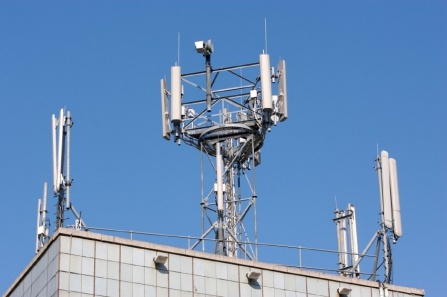Currently, there are many credit options that offer various facilities to support people who need loans to obtain a car, travel, or simply cover unforeseen expenses.
A subprime mortgage is a credit modality that is characterized by having a higher level of risk than other loans offered by banking institutions since they are dedicated to granting mortgage loans to people who present a high risk. For this reason, subprime companies insure their investment through high-interest rates or the seizure of the property that the mortgage implies.
Subprime mortgages have very particular characteristics that vary from conventional ones. We describe them below:
As already mentioned, they are granted to people with questionable credit histories. For that reason, the interests are higher.
Borrowers do not have a stable income or cannot provide a joint and several obligors.
They cannot verify your income.
They do not have stable jobs, so there is a risk that they will fall behind on payments.
It has delinquency filters.
Special conditions:
Depending on the institution, the loan can be up to one hundred and twenty percent of the value of the house that it places as support.
The cancellation clauses are more demanding since the risk is greater.
In some cases, the client is not asked for any type of documentation.
Benefits of subprime
mortgages As mentioned, subprime mortgages carry a high level of interest. However, the subprime can be beneficial for both parties, since the credit system obtains a client who will leave interest on the borrowed money and the applicant is subject to credit without the need to cover certain requirements that are imposed in other mortgages. In addition, there is a greater number of people who have the possibility of acquiring a home, which encourages them to maintain and increase their assets by making timely payments to avoid foreclosure.
Subprime mortgages offer various benefits when acquiring a loan:
Increasing amortization systems, make it possible to make payments to the capital directly without penalty.
High repayment terms, so it is feasible to settle the debt in a considerably shorter time.
Quick response to customer requests.
The features and benefits mentioned above vary according to the institution; since each company imposes its conditions depending on the client’s profile and the amount requested, we recommend you analyze the most convenient according to its characteristics.
Subprime mortgages, like any other credit, can be negotiated by banks with other companies, that is, there is the possibility of assigning the rights in exchange for obtaining the payment of a lower interest, this because the financial institution when making the assignment guarantees the collection of the credit immediately.
The companies that acquire subprime credits try to obtain a benefit for the difference between what is paid to the financial entity, and what they actually have the right to collect from the particular debtor.
The problem of delinquency
Due to the delinquency that occurs continuously in this type of credit and the lack of a joint and several obligors, the lending company does not allow recurrence in the delay or lack of payments. Therefore, it is convenient to evaluate the terms of the subprime mortgage to make the decision to request it, since it is a high-risk loan, the consequences are also decisive.
Frequently, people resort to this type of loan due to very adverse or unforeseen circumstances such as unemployment, illness, death of the family’s breadwinner, or heavy debt, so they seek the closest solution to their problems and knowing the facilities offered by subprime mortgages decide to acquire a loan under the aforementioned conditions that allow them to solve their problems immediately.
We recommend you perfectly evaluate the conditions of this type of credit that are considered high risk. A financial advisor can explain this option to you in detail.





